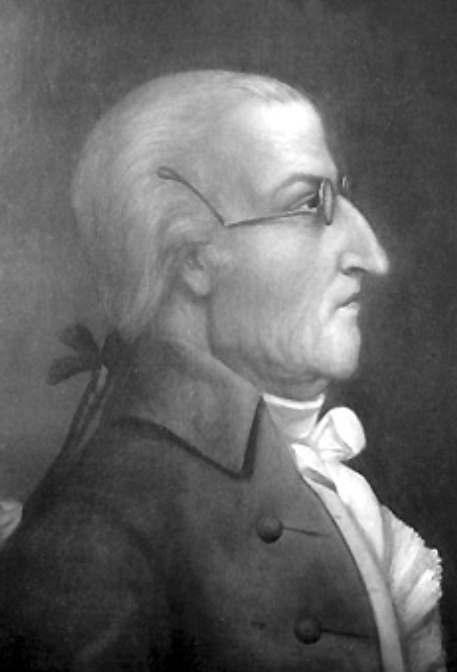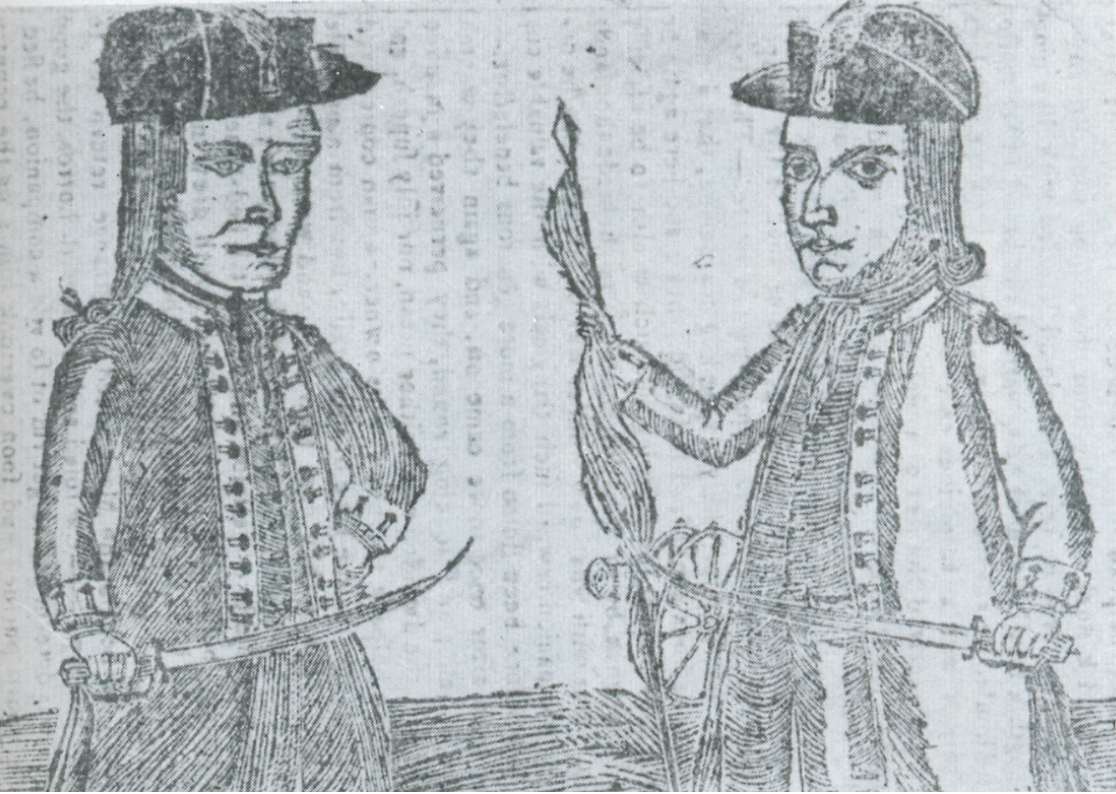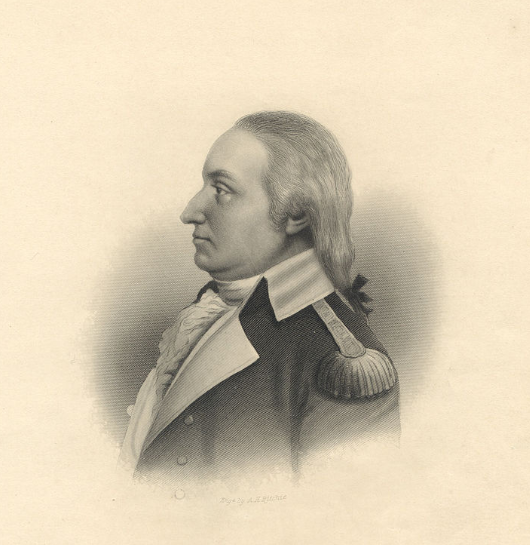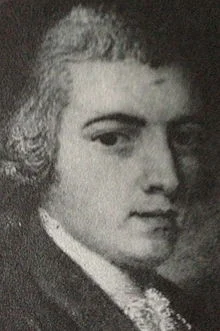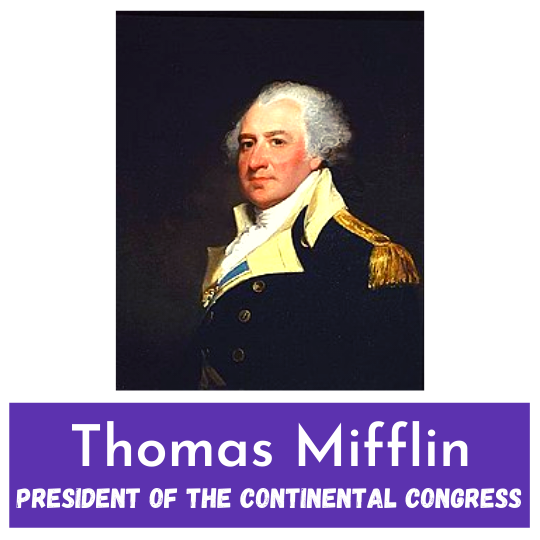Howe's Germantown Headquarters - The House Arrest of Benjamin Chew
Benjamin Chew was an important leader of Pennsylvania in the decades before the American Revolution.
A committed pacifist, Chew sat out most of the Revolutionary War, but he was an important sounding board for the Delegates gathered in Philadelphia during the Constitutional Convention.
Benjamin Chew
By the outbreak of the Revolutionary War, Benjamin Chew was firmly established as a leader of Pennsylvania and Delaware.
Chew had attended the Albany Conference of 1754 where he supported Benjamin Franklin’s Plan of Union.
He’d served on the commission which settle boundary disputes with Maryland and created the Mason-Dixon Line.
Furthermore, he had spent decades as Pennsylvania’s Attorney General before being selected as the colony’s Chief Justice.
In the Middle
In addition to Franklin, Chew had a working relationship with other future Founders, most notably George Washington.
Unfortunately, he had also been employed by the Penn family who were proprietors of Pennsylvania.
Though he had since become an Anglican, Chew was raised as a Quaker and always maintained his pacifict beliefs.
When the Revolutionary War began, both the Americans and Redcoats believed Benjamin was on their side.
British Headquarters
As General Howe approached Philadelphia in 1777, Chew was removed from office by the rebels.
He was taken into custody with his client, John Penn, and put on house arrest in New Jersey.
When Howe arrived, he took up residence in Chew’s country estate, Cliveden. Howe used this as his headquarters for the Battle of Germantown. It had cannonballs stuck in the side until renovations were done 200 years later.
High Court of Errors and Appeals
Benjamin Chew was released from his imprisonment in the spring of 1778.
He moved with his family to their Delaware home until the war concluded, after which he returned to Philadelphia and re-established his law practice.
Although he never held an elected office for the young nation, Chew often gave council to the Delegates who were participating in the Constitutional Convention.
In 1791, he was appointed as President of Pennsylvania’s High Court of Errors and Appeals. In this office, he oversaw cases which were appealing decisions of the State Supreme Court.
Chew retired after two decades in this position.
Here are some other Philadelphia Founders whose loyalties were questioned:
Robert Wharton - The Fun-Loving Mayor of Revolutionary Philadelphia
William Allen - The Loyalist Who Built Independence Hall
Benjamin Chew’s only biography (that I am aware of) was written in the 19th century.
‘Colony and Commonwealth’ is fairly rare today, but if you’d like a copy, pick one up through the link below.
Pick up a copy through the Amazon affiliate link below (you’ll support this site, but don’t worry, Amazon pays me while your price stays the same).
Want to get fun American Revolution articles straight to your inbox every morning?
Smart!
Subscribe to my email list here.
You can also support this site on Patreon by clicking here.
